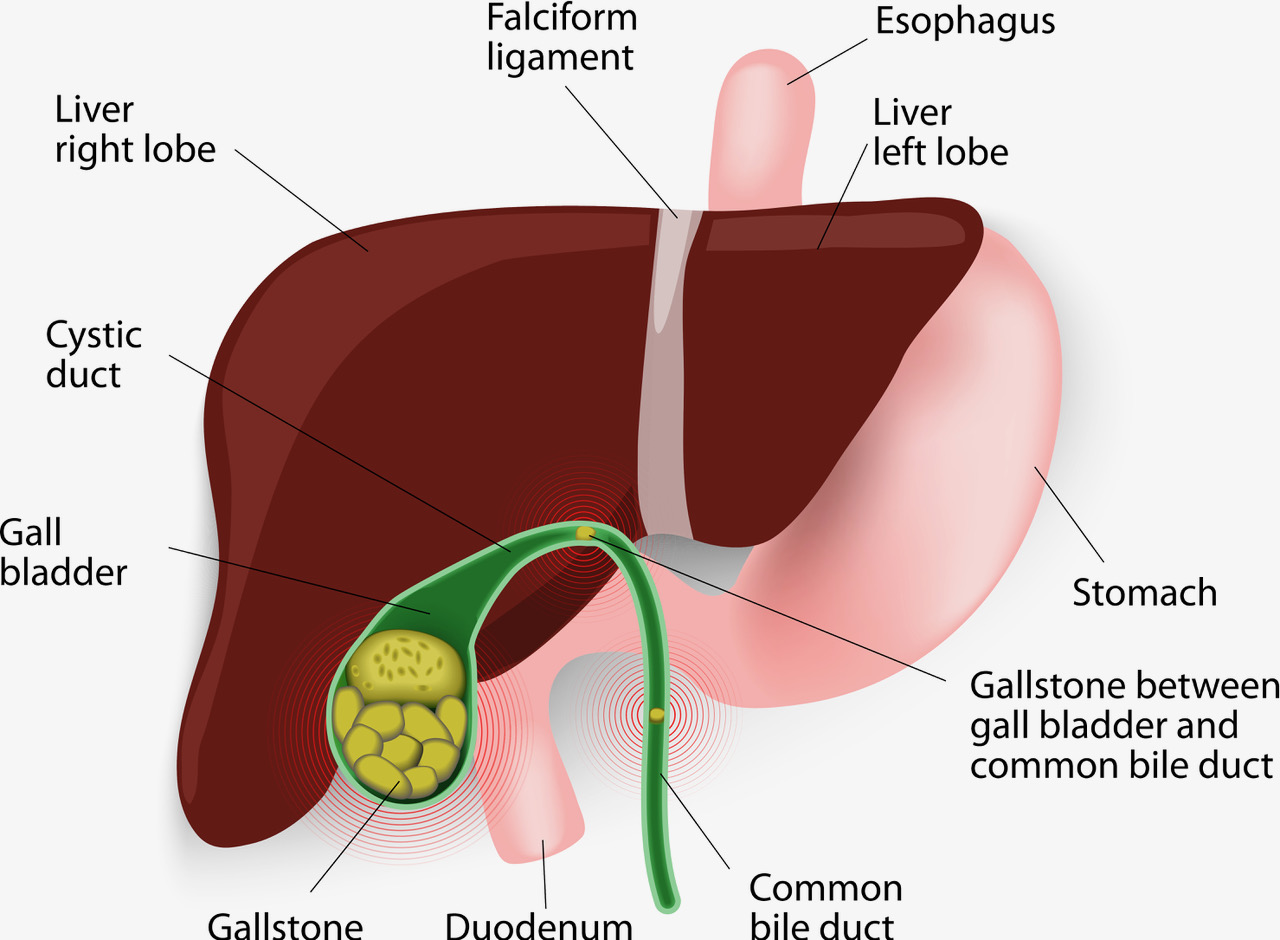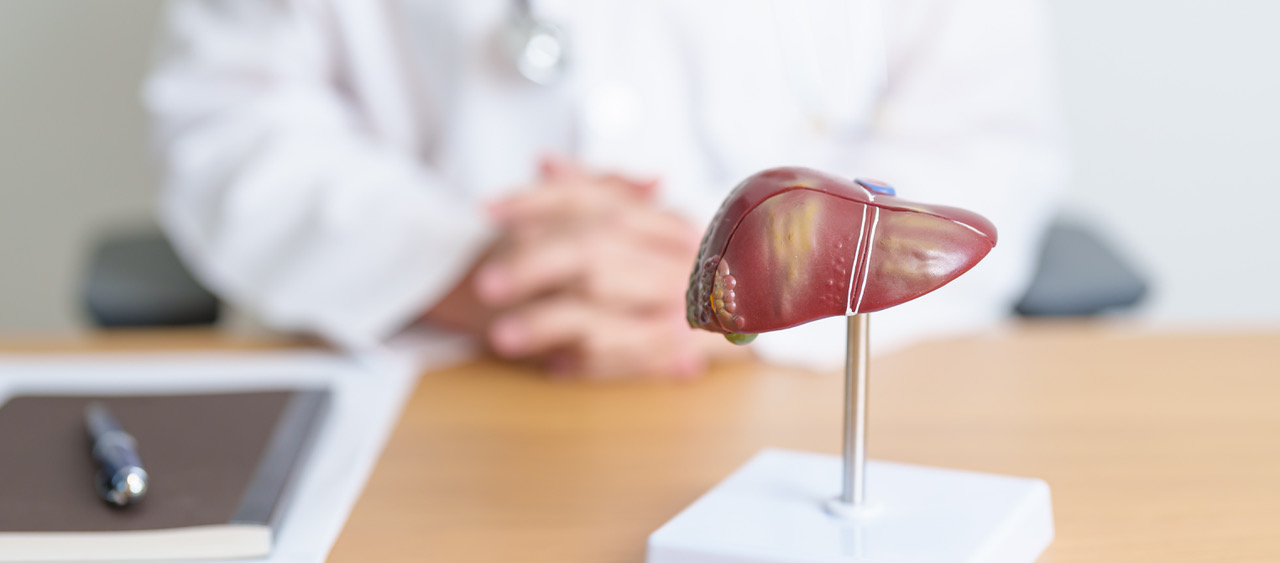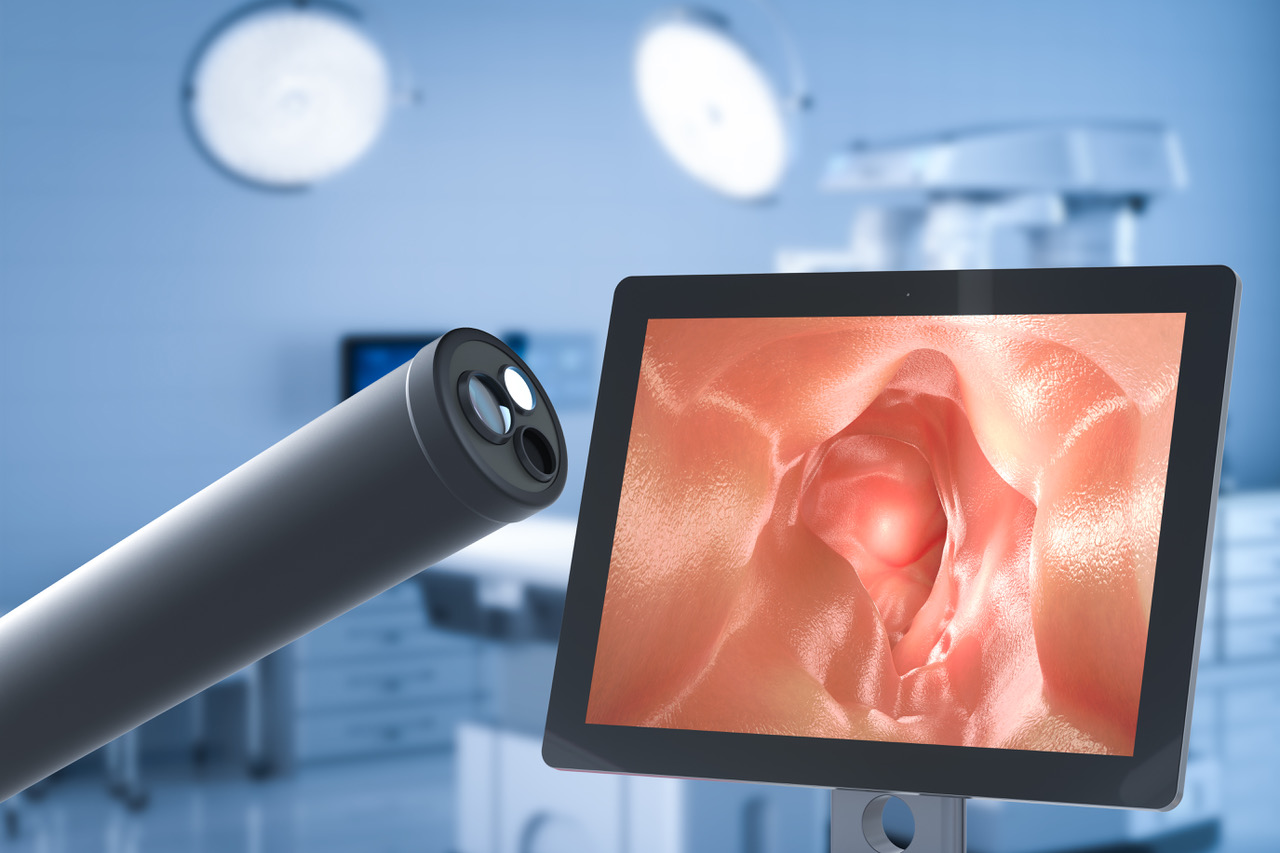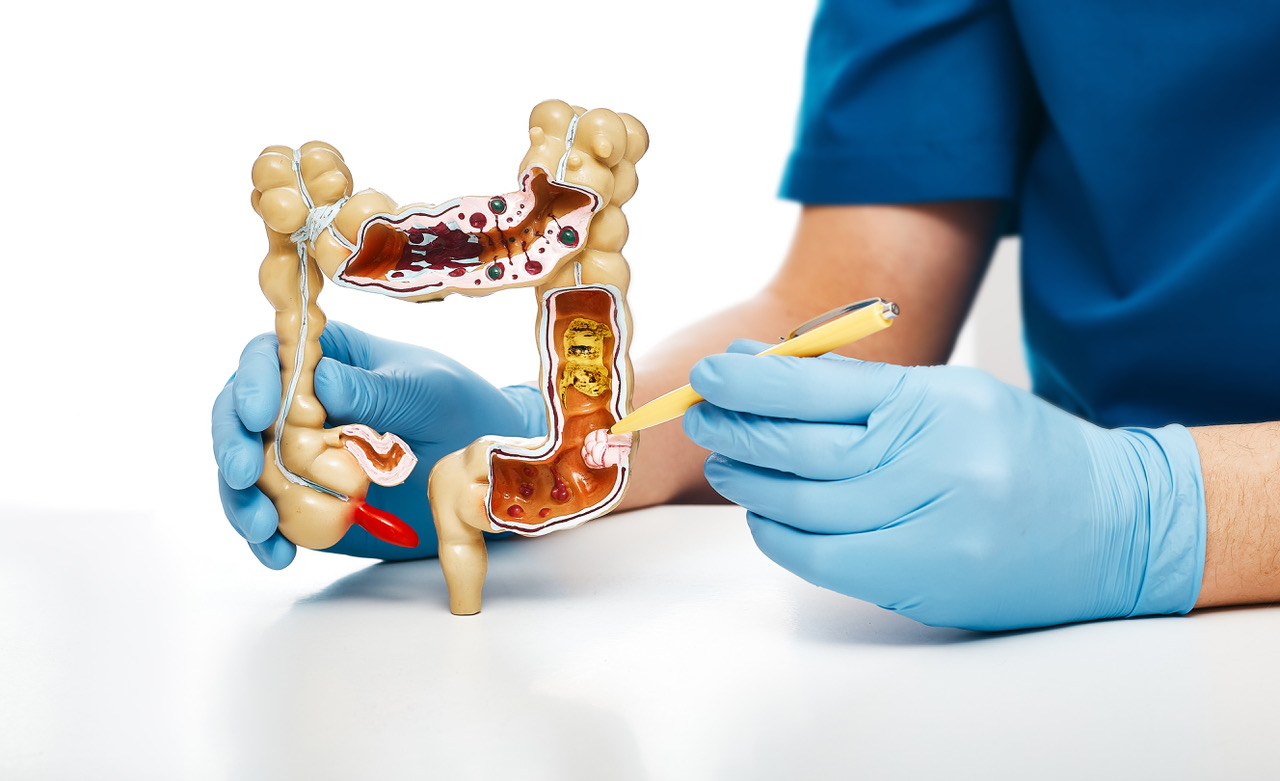

Infusion therapy is an alternative to oral treatment that entails the administration of drugs or medicine through a sterile catheter or needle. These are often introduced into a patient’s vein and secured by a professional healthcare provider. This treatment option has been used for a long time by hospitals.
Increasingly, infusion therapy is also applied in outpatient healthcare settings and community care centers, by specialized nurses who are professionally trained to carry out this procedure. At Gastroenterology Health Partners, our outpatient infusion center is available to patients in a convenient and higher quality setting, with no wait time and ample appointment availability. Depending on one’s insurance carrier and plan, this procedure can often be done at a lower cost, with the benefit of getting to know the same infusion RN over time.
Infusion therapy is primarily used to treat severe or chronic diseases and infections that may not respond to oral antibiotics. There are many examples of disease conditions and infections that are treated continuously using infusion therapy. This includes different types of cancers, gastrointestinal tract infections, Crohn’s disease, ulcerative colitis, and inflammatory bowel disease.
There are a couple of factors that you need to expect with outpatient infusion treatment or therapy.
The infusion process typically lasts for an hour, but this does vary. The time taken during this therapy is based on the type of medication administered and also the kind of illness or infection being treated. While some medicines require more extended periods of infusion, others take a short time.
Dosage also dictates the length of infusion. In some cases, patients receive their infusion dosage slowly, especially for their first time. Whereas for others, it may take a longer length of time. This may be done to confirm that a patient doesn’t develop adverse reactions to the medication offered via infusion.
Prior to the administration of infusion therapy, there is also some preparation. This might involve recording a patient’s blood pressure, weight, height, and body temperature.
Prior to infusion therapy your doctor might ask you to prepare by drinking a specific amount of water. You may also be advised to wear comfortable clothing for the procedure.













Contact Us
Covina Location
500 W. San Bernardino Rd, Suite B Covina, CA 91722
(626) 960-2326
Glendora Location
415 W. Route 66, Suite 102 Glendora, CA 91740
(626) 610-2112